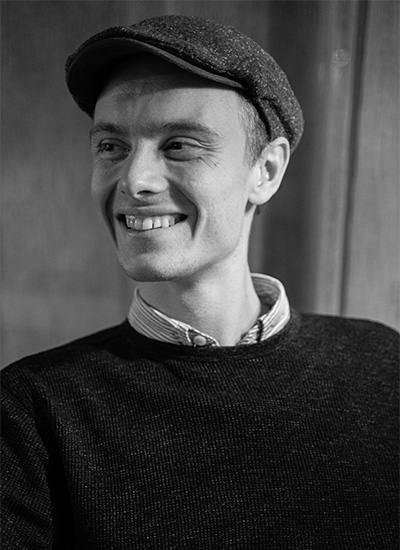Nationalism is a hard word to describe. In the later years it has become some what a buzz-word – an adjective that brings connotations to isolationism and fascism. While history shows that nationalism can bring totalitarianism it has also brought with it a feeling of safety – a place to belong to. It has brought movements of democracy. To have a national identity or to be proud of the country you belong to can be a great thing. The same applies to studies of nations history, to find examples of great leaders or events that formed a given nation. But nationalism is like a wild animal – it becomes dangerous if threatened. When a group of people get scared that their traditions, rituals, or life quality is slowly slipping out of their hands, they will rise to protect it. Then national history becomes a steppingstone for an aggressive, land gripping policy. Then identity becomes a border – religion a weapon.

I define myself as Danish. I am born in Denmark; I speak Danish and I feel at home in the small northern kingdom. But these geographical things are not what have formed me. Rather than my skin color or place of birth it is the Danish mentality that I find most important. Two things of this mentality should be presented here. Firstly, is the idea of an educated populace both in the traditional school way: history, maths, languages, and in spirit (german: geist). Secondly
Denmark has had a high historical tolerance level. For example: Some cities had religious freedom before it was constitutionalized in 1849 and our strategic position geographically meant, that Denmark could have relative positive relations with the Soviet Union. I am of course a product of all this history. And I embrace it. Both the regrettable things that have happened throughout history and the warm feeling of home when I cross the border into the Kingdom of Denmark.